How to Reduce the Environmental Impact of Your Holiday
The environmental impact of going on holiday is pretty immense. Wait, I am definitely not here to tell you to give up your holidays, but more to introduce you to a few simple ways you can make your holiday more eco friendly. We need our holidays, they’re our chance to reboot, relax and see the world beyond work and home, but there are a few little ways to lessen their environmental impact.
A few little changes in how we all travel can make the ‘responsible travel’ and ‘responsible tourism’ of today, just the ‘travel’ and ‘tourism’ of the future.

Here are a few eco friendly holiday tips to help us work together to make sure our great grand children have somewhere nice to take their e-cars and hoverboards on their four-day weekends, with their pet robots.
How to reduce the environmental impact of tourism
Thoughtful and open-minded travel promotes cultural understanding and acceptance, it’s essential in my eyes. The more you travel, the more you realise that as humans we’re all the same, essentially. The borders and differences are in our minds.
I was a different person before I travelled. It has radically changed my outlook on life, and going all over the world has allowed me to see the different ways people travel to enrich their lives, and those of people around us. I love the fact that I have the more personal posts on this blog to remind me of what I used to be like, and how travel has changed me.
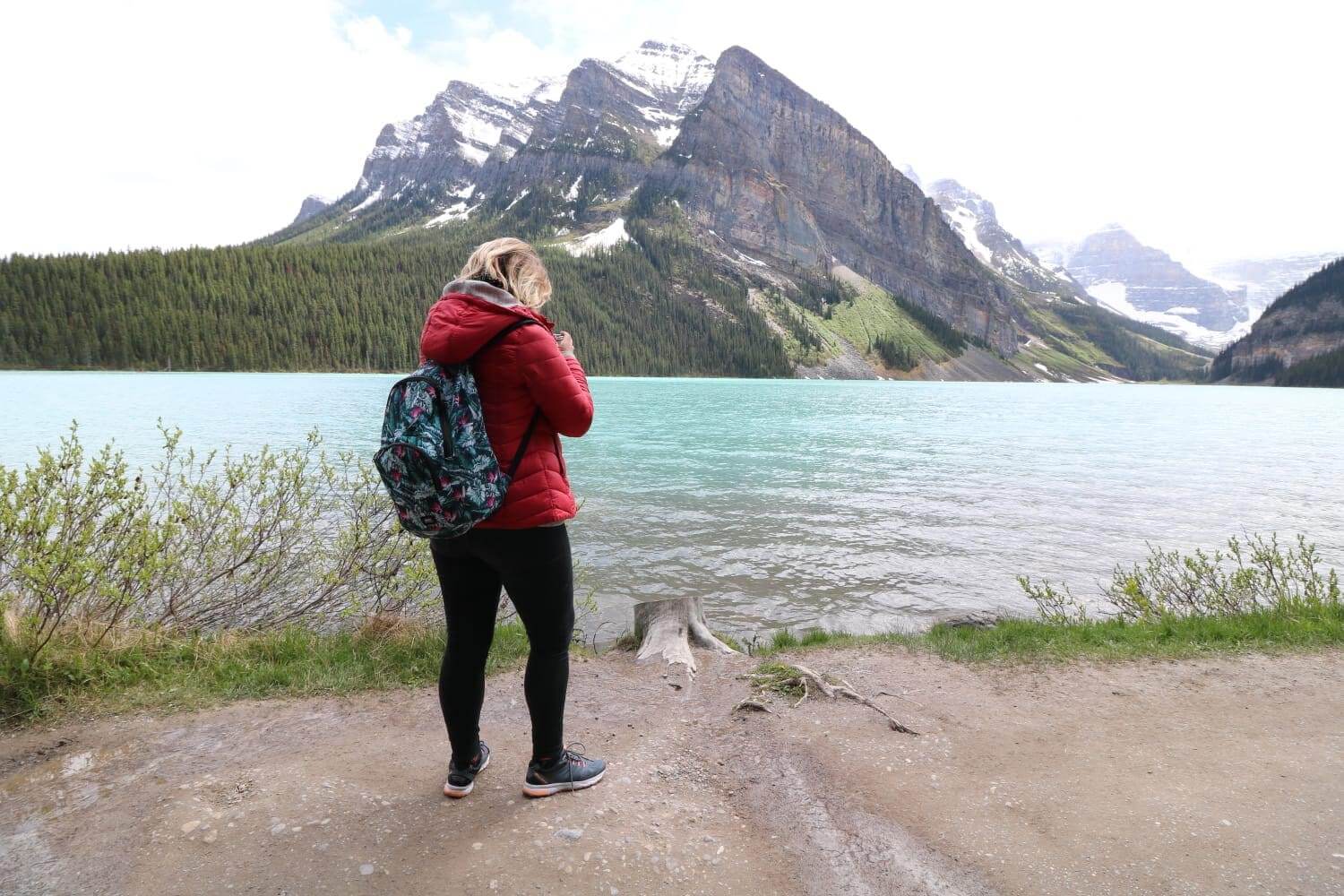
But the drastic upsurge in recent years of travel has affected our planet greatly. The closing down of Boracay just after I visited (wasn’t my fault), and the banning of huge cruise ships in Venice (and potentially Barcelona and Dubrovnik and the problems of overtourism in Iceland and Norway, are just a few examples of how irresponsible, or to put it more lightly, ill informed travel, is changing our planet for the worse.
There’s never been a more important time to travel, and to travel sustainably.
Here’s how to make any trip an eco friendly holiday.
1. Choose your destination wisely
Have a look at lists of the poorest countries when you’re deciding where to go. The money you spend as a tourist could really help in some destinations, bringing much needed cash to the economy.
Also, the further you go, the more emissions you are putting into the air.
If you can avoid travelling by plane, do. I will opt for a train when I can but unfortunately the nature of my work does mean that I have to travel by plane for work a lot.
You don’t need to feel bad for your choices, but just so you know there are other ones.
2. Spend your money locally
Avoid brands you’ve seen before in your home country when you travel. Branch out and try something different rather than going for the cookie cutter similarity and familiarity around the world.
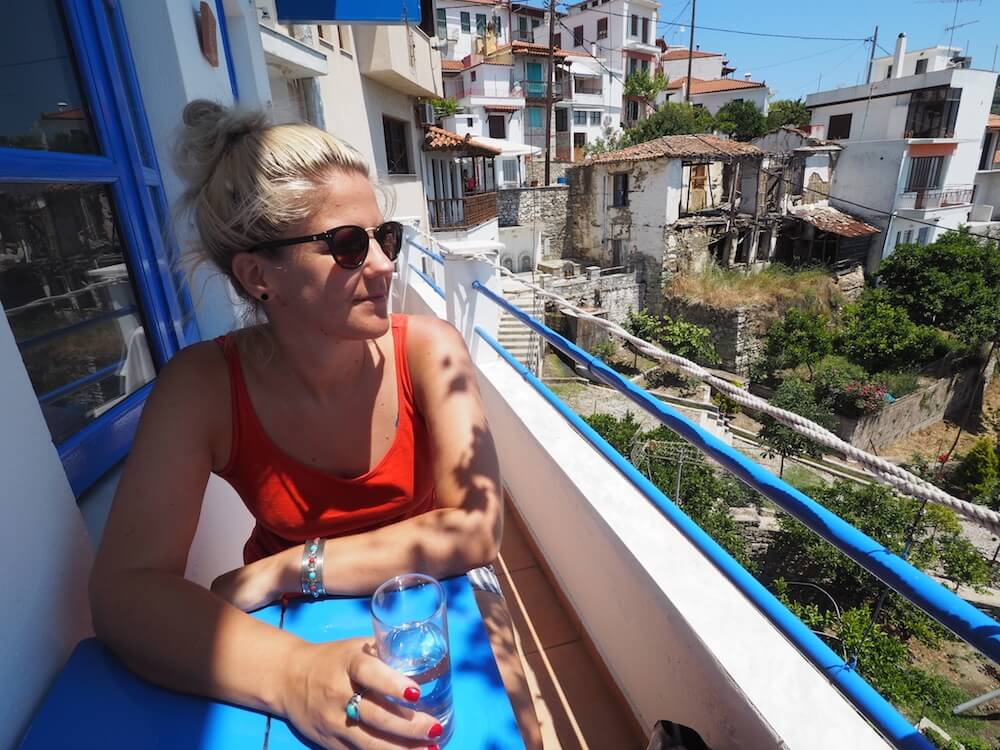
Opt for locally run restaurants, local taxis, local bus services rather than huge conglomerates, buying from boutique or second hand shops rather than chains, and street food vendors too.
Try something different, out of your comfort zone and live a little. As soon as you start paying for brands abroad you’re paying over the odds anyway.
3. Think about your accommodation
Some of my favourite travel experiences have been down to where I’ve chosen to stay. Choose somewhere local, run by locals and staffed by them too and you’ll be pumping money back into the system. Maybe somewhere without the huge marketing budgets of the big chains too.
Stay at chain hotels and that money will be going straight to the fat cat at the top – usually American or Russian owned in my experience.
4. Make the effort to talk to a local
Put yourself in situations where you get to talk to locals, or just strike up a conversation. This is the best way for you to understand your destination better, and for the locals in your destination to understand you too.

Talking to locals promotes a cultural understanding that works both ways. The people you meet are usually the most interesting thing about travel anyway.
This way you can also get some great local recommendations for things to do and see too.
5. Don’t act like a fool
I really can’t imagine any of us doing this, but, just in case. I mean, with 15 years of travel I have see some idiot travellers, and that’s putting it nicely.
How would you want your parents / children to see you behave? Would you be mortified if they saw you drunk down the Khao San Road or, even worse, disrespecting the locals?
When people from poorer countries don’t have the money to travel – as many don’t – their only impressions of your country depend on how you, their citizens, act abroad. A destination that only ever sees nationals drunk, disorderly and disrespectful is not going to have a good impression. Travel, and you’re an ambassador for your country – project the best impression you can.
Disrespecting someone’s country through disobeying local laws and cultures, littering, being loud and obnoxious or going against the grain of a country you’re a guest in, is just not cool.
Be nice, and don’t be a dick. It’s easy.
6. Use tour companies with a responsible tourism policy
Choosing which tour company to travel with can be confusing. One of the most important things to look out for, to help the world, is to check that they have some sort of responsible tourism policy.

This will ensure that any activities involved in your trip have been assessed for their effect on the local environment. It also means that whoever put the tour together will have done so with the aim to support the locale, in a way you never knew you could if you’d been travelling independently.
Make sure to check online reviews, and give them a call or email if you want more information.
7. Ask permission to take photographs
One of my most hated things about going on trips with bloggers is seeing them sticking their lenses in local’s faces for a snap. It’s SO rude. The world is not a zoo for you to get your pics.
I was recently up in a mountain village in Samos in Greece, and an old guy was farming his garden, minding his own business. A tourist stood in front of him with her zoom lens creeping out in his direction, and he waved her away. I’d hate to be at work and someone just comes and takes pics – it’s so weird that it’s a generally accepted thing to do.
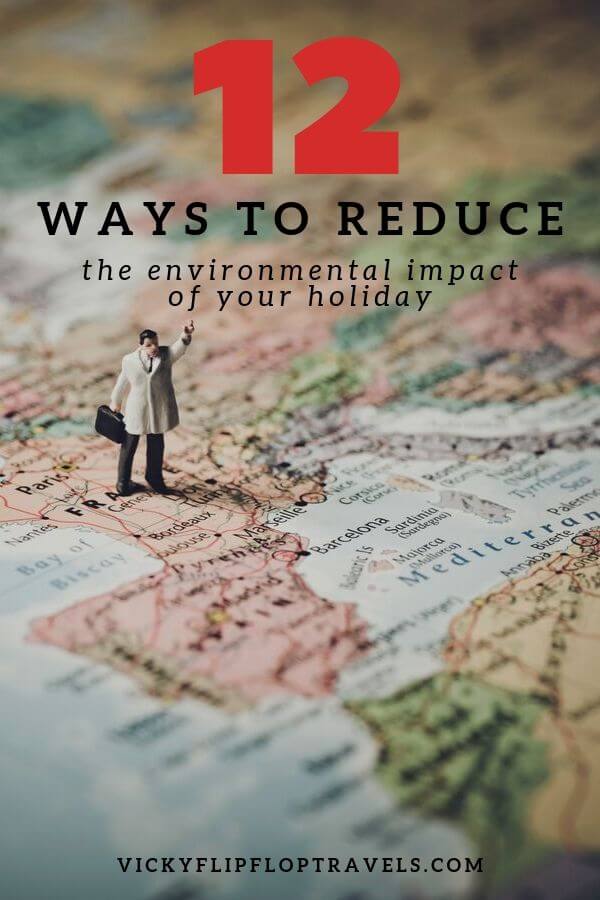
I’ll never forget the time in Papua New Guinea when our tour bus was told not to take pictures as we were passing a funeral of a child who’d been in a car crash – very controversial between two tribes – and a lady got her massive zoom out and started snapping away. One of the mourners started shouted at her, and SHE CARRIED ON taking pics of him.
So bleeping rude.
Just don’t. If you see someone and desperately need that pic, then ask. And if they’re some sort of street performer give some money.
This can cause friction between locals and tourists, and even if it doesn’t directly affect you, it will affect the relationship for years to come when they get annoyed with tourists.
READ MORE: The Ethics of Photographing Children in the Gambia
8. Embark on your own photo project
You’re going to be posting pictures on Facebook and Instagram, right? Why not make it your mission to try and override the negative assumptions and beliefs you know people back at home have about the destination you’re in?
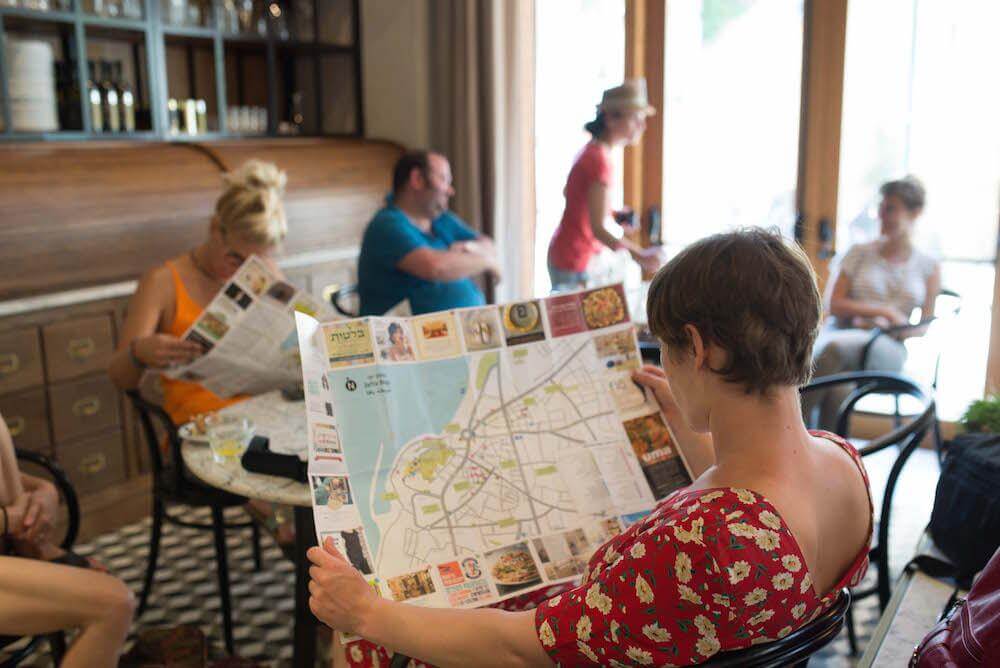
Every day go out and take a photo that challenges the general thoughts about your destination and post it online with well thought out captions. It’s these little messages and anecdotes that can totally change the way a country is considered. And those positive messages will spread.
Keep number 7 in mind though.
9. Get rid of your rubbish responsibly
Before you go on holiday it’s tempting to buy a few new things right? A sun cream here, a hat there – leave the excess packaging at home, if possible.
England isn’t the best at recycling, not even in the top 10 apparently (well done Wales) but, our recycling is better than other places, especially if you’re visiting islands. Take the Glastonbury motto, and when you’re travelling – leave no trace.
Learn the local recycling process, so you know that your impact has been as minimal as possible.
10. Travel off season
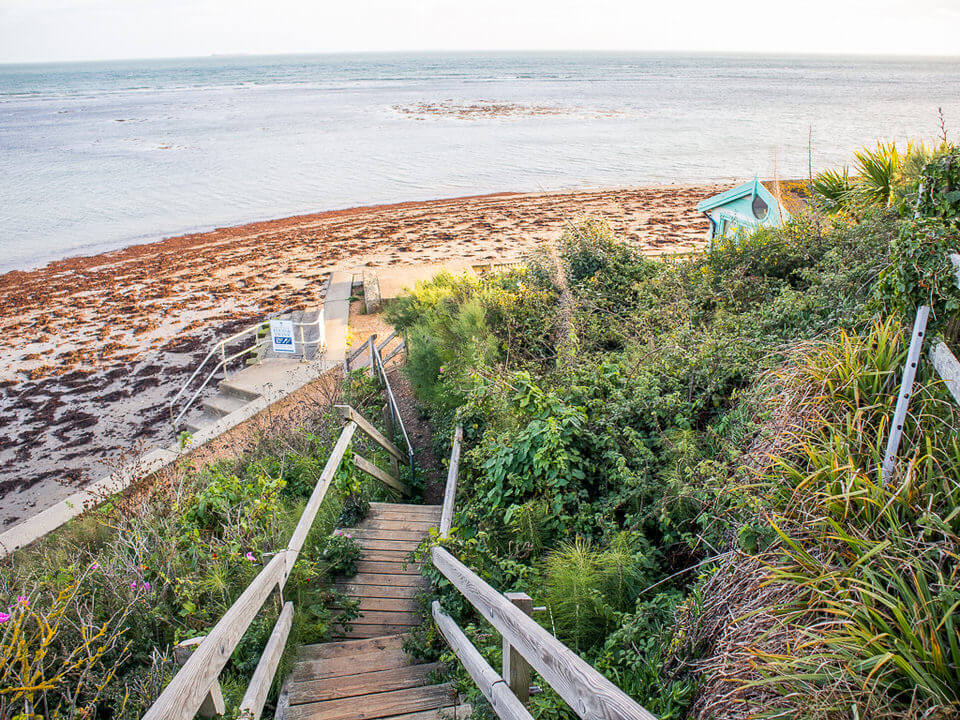
Thanks to the exact climate change we’re trying to stop right now, you cannot rely on what used to be a typically good season to go to a destination. Why not travel off season and enjoy the lower prices and lesser crowds?
This way you’ll also be alleviating the environmental impact on your holiday destination too.
11. Think carefully about the souvenirs you buy
There’s so much tat out there – the same crappy souvenirs have been in the shops since souvenirs began. Do you really need to buy them? Does your friend really need that plastic figurine?
When it comes to buying souvenirs abroad it’s better to buy either a genuinely locally produced item, or something genuinely valuable like food or drink.
This calculator from WWF is actually a really interesting way to see your carbon footprint. What score did you get?
12. Don’t feel you need to do it all
Changing how and where you plan to travel might seem overwhelming, but just choose a battle or two to start and stick with that. Stay local a few nights, try a local restaurant when you would’ve gone for a chain or choose one of the poorer countries and make sure to get out and about to spend your money and invest back into the system.
Don’t feel guilty for travelling. You’ll see the press trying to holiday shame and flight shame, but while big corporations are still following their unsustainable practices, your flight to Tenerife is a drop in the ocean.
Travelling to new destinations and promoting a better-informed view of the world to our friends and family is one of the best ways to help others see the world in a different light right now, so don’t feel you need to give up travel all together!
